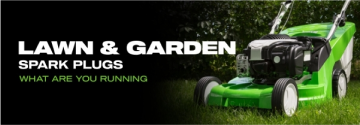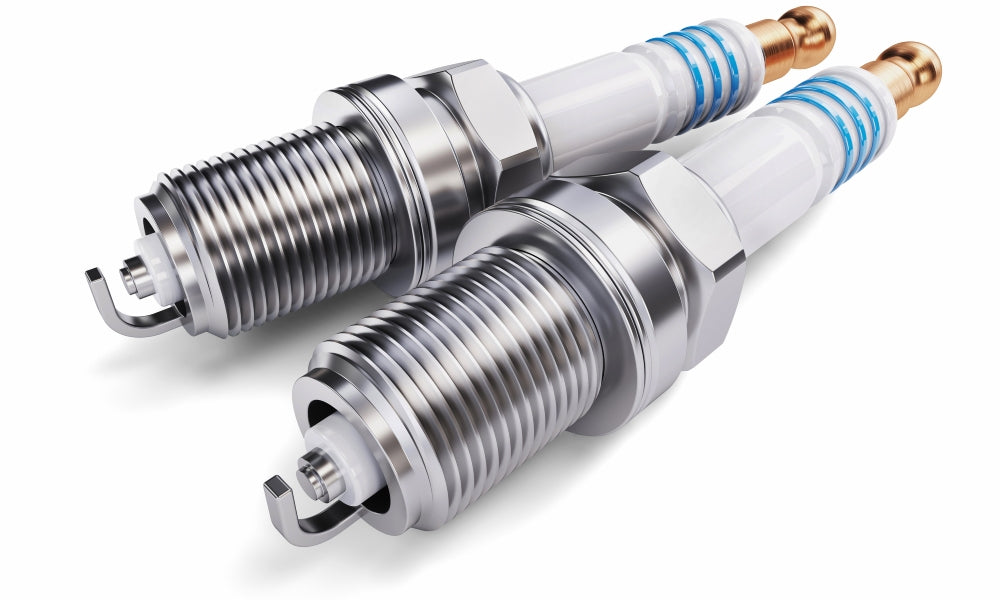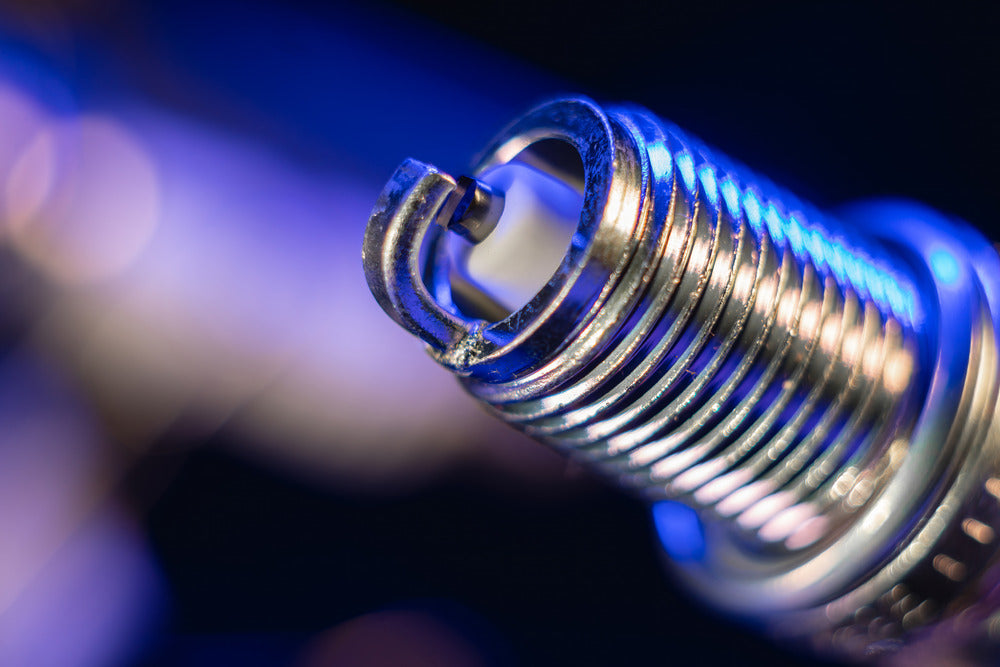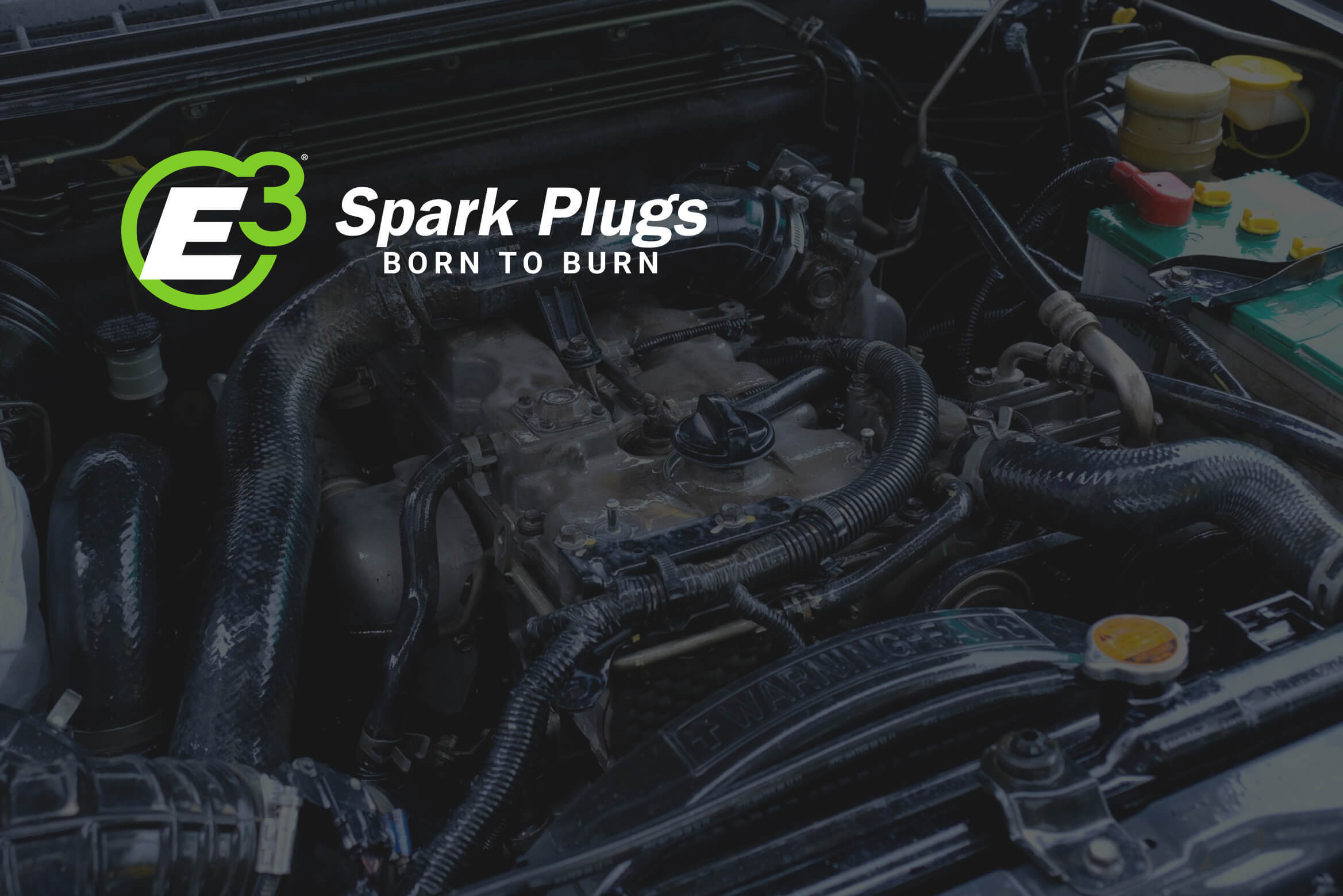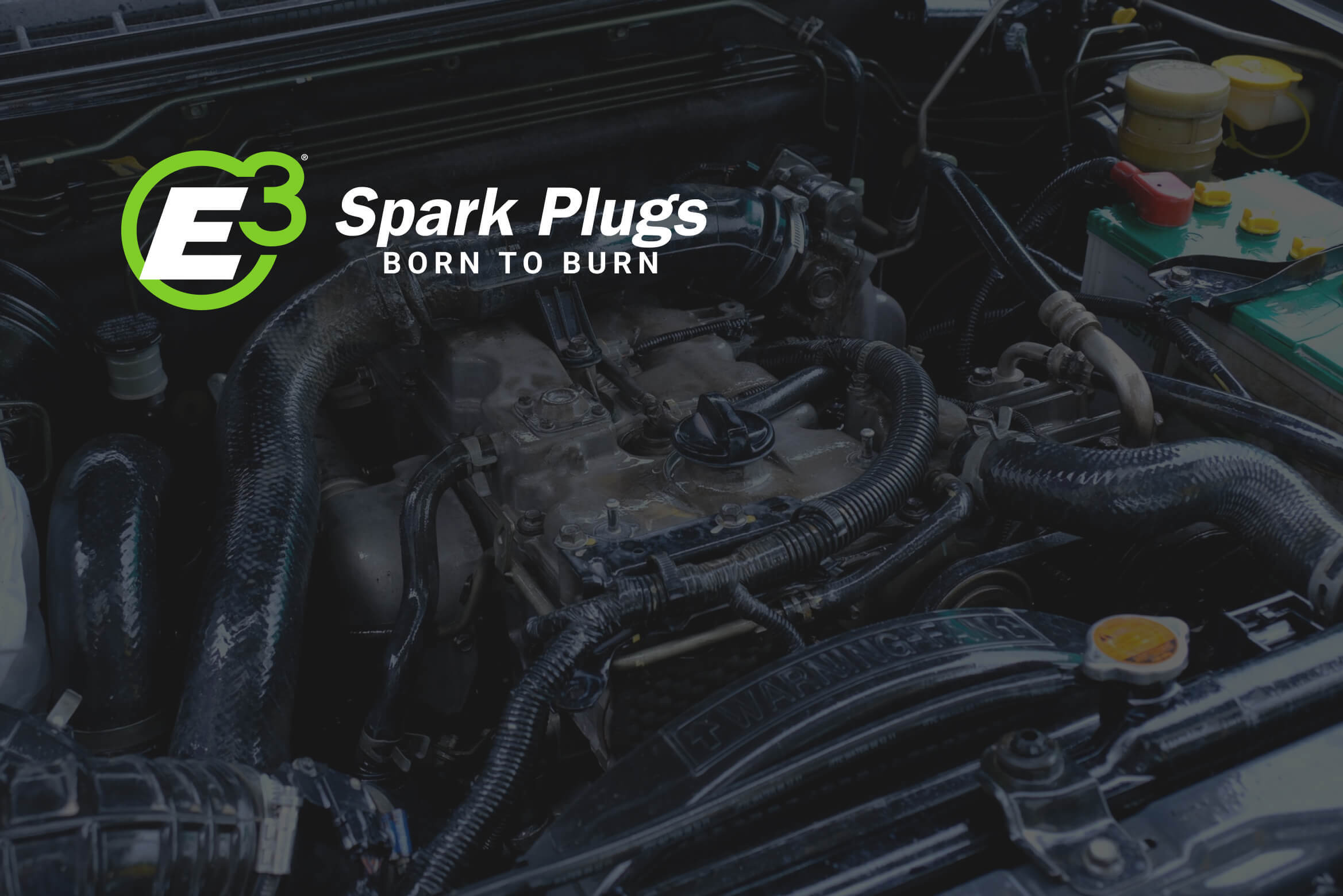
When is the best time to purchase a new battery for your truck? That’s easy; before it fails, which means now is a good time to decide on the type of battery that will provide the best return on your investment. After all, car and truck batteries often fail without warning making it impossible for you to get where you were going. Although many drivers never notice it, their truck battery has a shelf life much like food bought at the grocery store. Pertinent information as to when you should consider a replacement battery can usually be found on a tag or sticker that list an install date and expiration date. On average, a truck battery should last between two to five years. But, the ambient temperature where the vehicle is operated is one of the most important factors affecting truck battery longevity. Temperatures that are hotter than normal under the hood during the summer months make it is easy for a battery to fail once there is no longer adequate amps for cold cranking the engine.
Lead-Acid Batteries Are Older Than Automobiles
Lead-acid batteries are older than absorbed glass mat (AGM) batteries as well as lithium iron phosphate (LiFePO4) batteries. During the middle of the nineteenth century, the French developed a lead acid battery that was clearly a precursor to today’s automotive battery. However, lead-acid batteries were not utilized in early vehicles, as most had no electrical demand while in operation. A manual process was used to crank the engine, so there was no pressing need for stored electrical capacity. After a worker was killed at a manufacturing plant when an engine being cranked backfired, engineers developed an electrical starter system. This created an immediate demand for a rechargeable source of stored energy. As cars and trucks grew in size, the larger vehicles with larger engines required a larger battery. That’s when lead acid batteries became a workhorse in the automotive industry, as they were cheap, rechargeable, and readily available. The main cons were acid leaks, low power density, and they weighed a ton.
AGM Batteries Versus Flooded Batteries
Absorbent glass mat batteries were designed to be a viable alternative to traditional lead-acid batteries that freely flood their electrodes with acid. Rather than absorbing the electrolytes, glass mats were filled with gel and able to hold the electrolytes in place while preventing unwanted spillage. Also, when compared to a flooded battery, an AGM truck battery could be charged many times faster using the same charger. Moreover, the spill-proof absorbent glass mat battery was more durable for commercial or heavy-duty applications and offered a longer lifespan than their traditional lead-acid counterpart. Sulfation is the formation of sulfate crystals in the cells of batteries and is the number one cause of failure in lead-acid batteries. Crystals continually build-up on lead plates anytime the battery is not fully charged. That means lead acid batteries must be charged during periods when the vehicle is not in use. In AGM truck batteries, sulfation is greatly reduced, as an absorbent glass mat battery can be stored for extended periods without recharging. Cons for the AGM battery include reduced charging capacity and a sensitivity to overcharging and high voltages.
Lithium Batteries to Power Non-Hybrid Trucks
Since automotive manufacturers began developing hybrids, plug-in hybrids, and fully electric vehicles (EVs), the demand for better battery power has increased greatly. The weight alone of traditional lead-acid batteries have made them an impractical choice for electric vehicle applications. LiFePO4 batteries are much less susceptible to problems caused by depth of discharge. An E3 Lithium Truck Battery can be dropped to a 20% charge without causing long-term damage. Most lead-acid batteries lose capacity (or cycle life) if they are discharged more than 50%. Since lithium batteries are lighter than lead-acid batteries and absorbent glass mat batteries, lithium-ion truck batteries save on weight while offering more reliable performance in challenging environments. In the cold, a lithium battery maintains 80% of its rated capacity below freezing compared to 8% for a traditional lead acid auto battery. Lithium truck batteries also perform well at higher temperatures than conventional batteries, but extreme heat or cold can have impactful effects and reduce capacity. Cons for lithium ion batteries include availability and the initial out-of-pocket cost.
Why Buy an E3 Lithium Battery for Your Truck?
The big engine running under the hood of your truck is constantly producing high levels of heat and heat is a natural enemy of traditional lead-acid and absorbent glass mat batteries. From getting your truck started to charging your smartphone on the go, it is your truck’s battery that is challenged to provide a constant source of power and all those electronic accessories can zap stored energy. Manufacturers like E3 have started to incorporate Lithium batteries into traditional designs for car, truck, powersports, and high-performance vehicles. Today’s lithium iron phosphate chemistry (LiFePO4) delivers a higher power density without the volatility and safety issues that plagued earlier types of lithium batteries. At E3 Spark Plugs, we are committed to the same founding principles of energy, efficiency, and ecology that led to our DiamondFire line of environmentally friendly products. E3 Lithium Batteries offer outstanding cycle life, high charge acceptance, and up to an 80% weight reduction over lead-acid batteries in addition to providing outstanding cranking power.
By utilizing advanced chemistry and innovative system designs, E3 Lithium truck batteries are available in 10 unique configurations that cover a wide variety of automotive, motorsports, and powersports applications, E3 Lithium Batteries set the bar for a new performance standard with unmatched cranking power.


